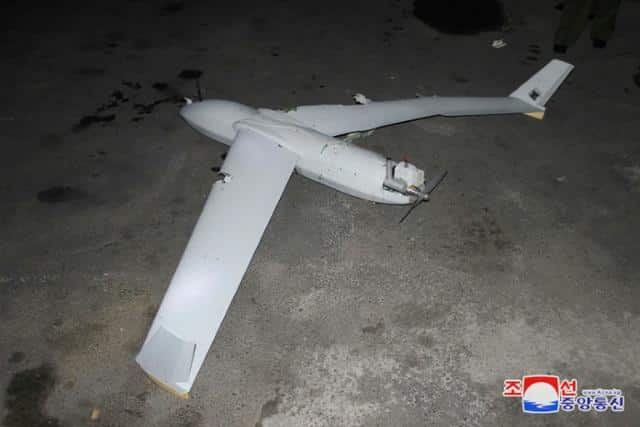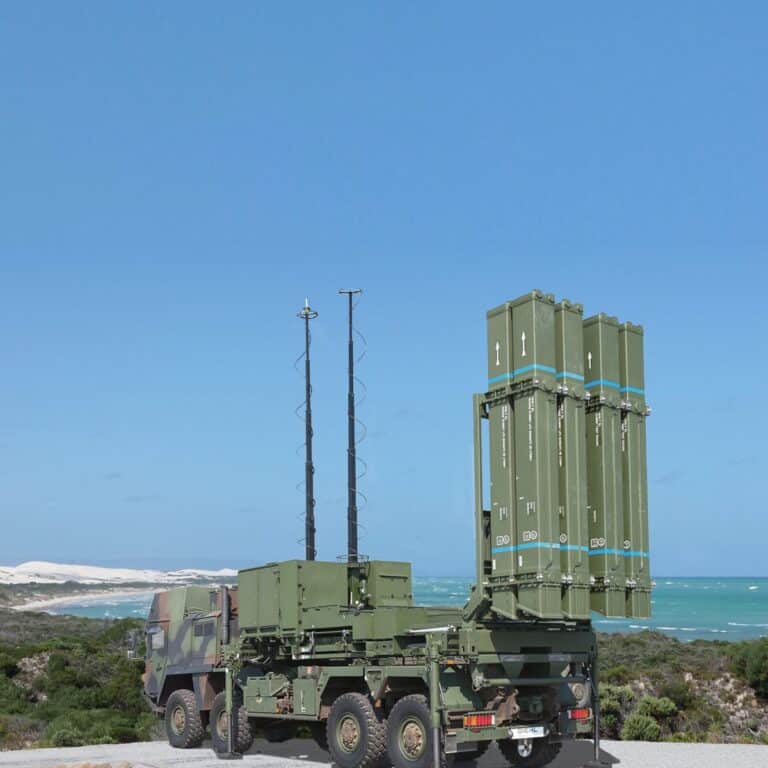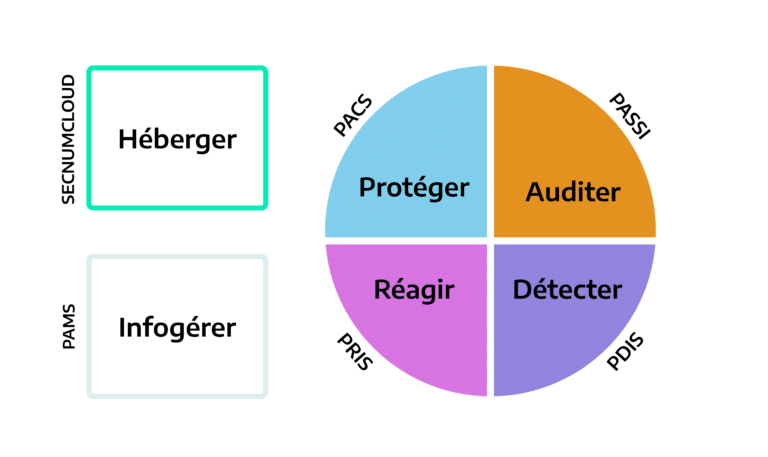Become military drone expert is an exciting goal that attracts many enthusiasts of aeronautics and advanced technologies. With the rapid evolution of drones and their strategic role within armed forces, it is essential to understand the different training necessary and the careers possible in this rapidly expanding field. Whether through specific military training, professional certifications, or in-depth knowledge of unmanned aerial systems, each path offers unique opportunities for those who wish to specialize and contribute to innovation in the air defense sector. defense.

Be an expert in military drones is an exciting career that requires rigorous training and advanced technical skills. The rise of drones in the military field opens the way to numerous professional opportunities. This article explores the different training pathways and potential careers for those wishing to embark on this path.
Table des matières
ToggleThe fundamentals of military drones
THE military drones are unmanned aircraft that play a crucial role in modern military operations. Their use varies from reconnaissance missions to surveillance and attack. Understanding the features and specifications of drones is essential to aspire to become an expert in this field. Drone pilots must have a good command of aeronautical systems as well as skills in remote control.
Training needed to become a military drone pilot
To become a pilot drones military, an appropriate educational path is fundamental. Applicants are generally required to complete a initial military training (IMF) as well as training in English and in theoretical aeronautics. This training, lasting one year, takes place at the École de l’Air, located in Salon-de-Provence. Future pilots acquire a solid foundation in flying systems management and military tactics.
Certificates and qualifications
To pilot drones, particularly in complex situations (categories S1 to S3), it is imperative to obtain the drone remote pilot proficiency certificate (CATD). It requires a combination of theoretical and practical skills, followed by a rigorous exam to validate these skills. The training course is intense, but it is essential to ensure mission safety and pilot responsibility.
Possible careers after training
Once training is completed, several career opportunities are available to pilots. military drones. Positions vary from pilot to aerial systems operator. In the Army and the Air and Space Force, opportunities arise for surveillance, artillery and reconnaissance missions. These missions are essential and require in-depth expertise in telemetry and data analysis.
Benefits and career prospects
Careers in the field of military drones are not only rewarding career choices but also commitments that contribute to national security. Additionally, with the rapid advancement of technology, pilots and operators of drones have the opportunity to advance to command positions or join technology development teams. The job market is dynamic and expanding, creating new opportunities at every stage, making this sector very attractive.
The role of technology in training
Technology plays a crucial role in training pilots drones. Modern flight simulators allow candidates to practice without risk, by offering them varied scenarios. This also makes it easier to learn complex maneuvers and quick reactions. The advances in aviation technology not only enhance the learning experience but also prepare future pilots for real-world challenges.
Become an expert in military drones is not limited to simple mastery of piloting, but also requires an in-depth understanding of technological and strategic aspects. The rigorous training and the absence of limits in terms of careers make this sector an exciting and promising vocation choice. By embarking on such a path, aspiring pilots prepare themselves to play a fundamental role in modern military operations.




















